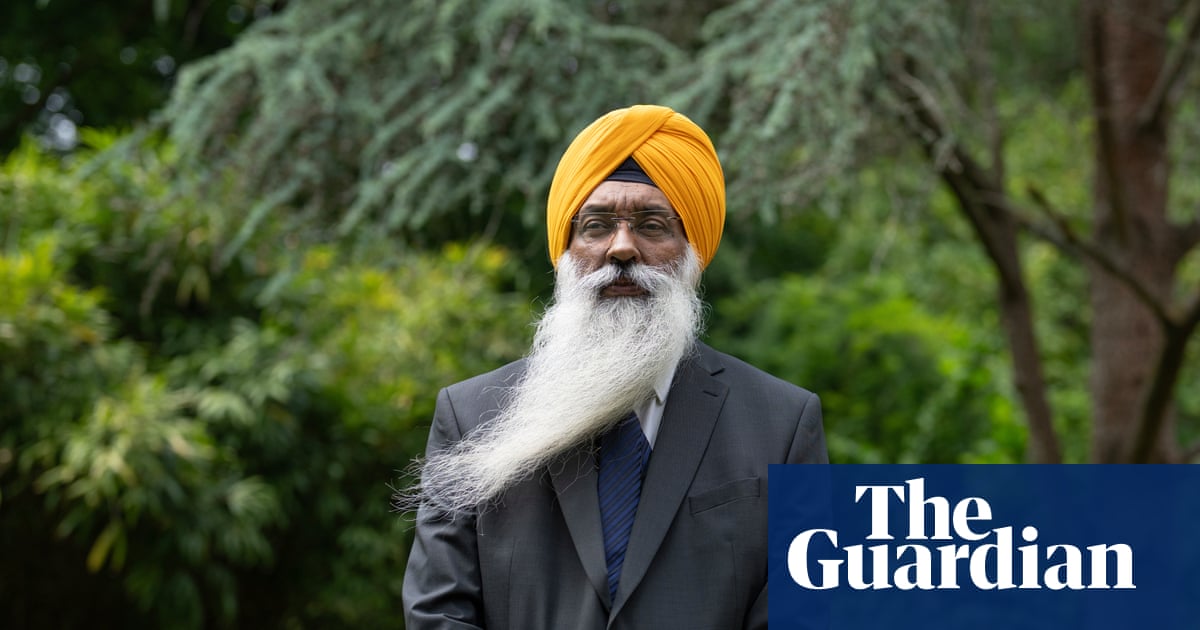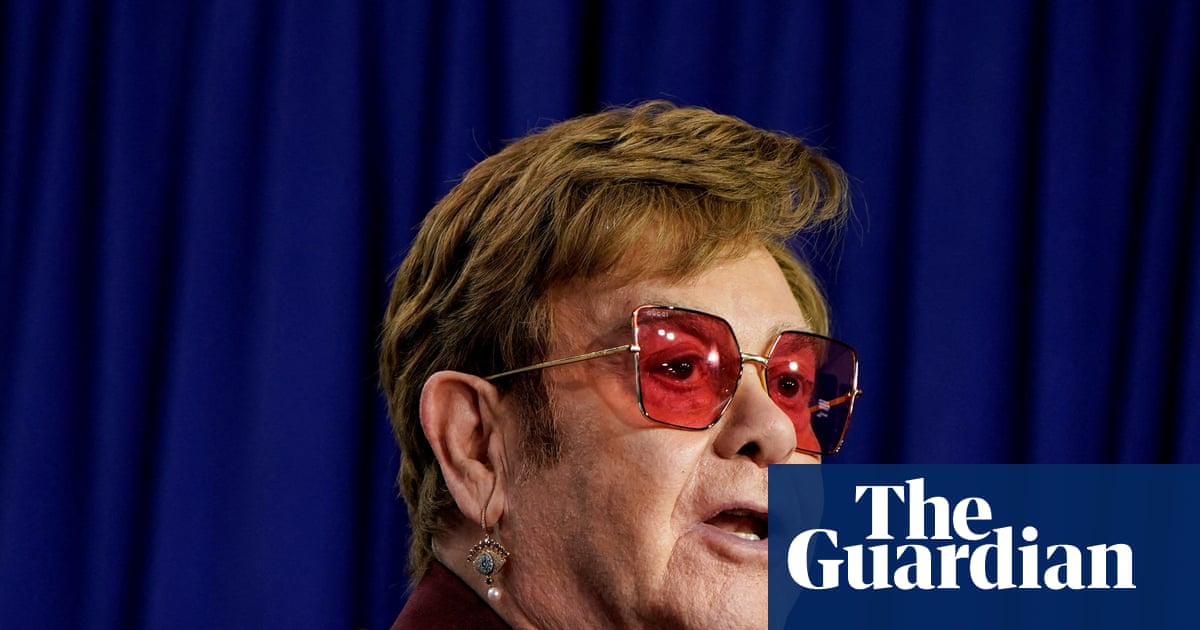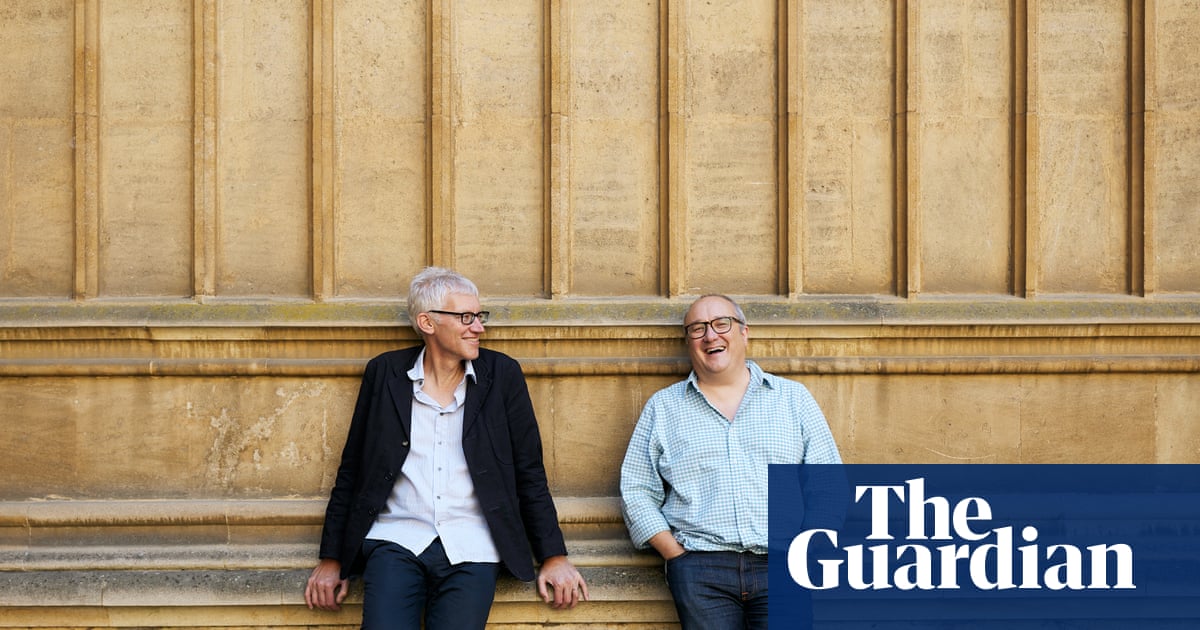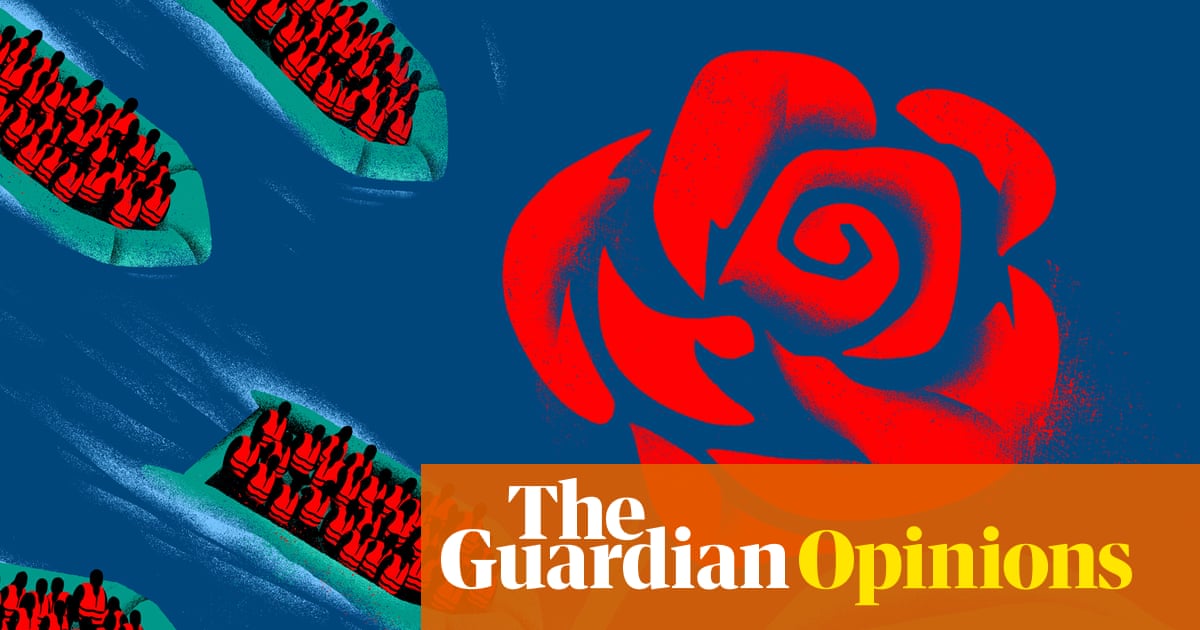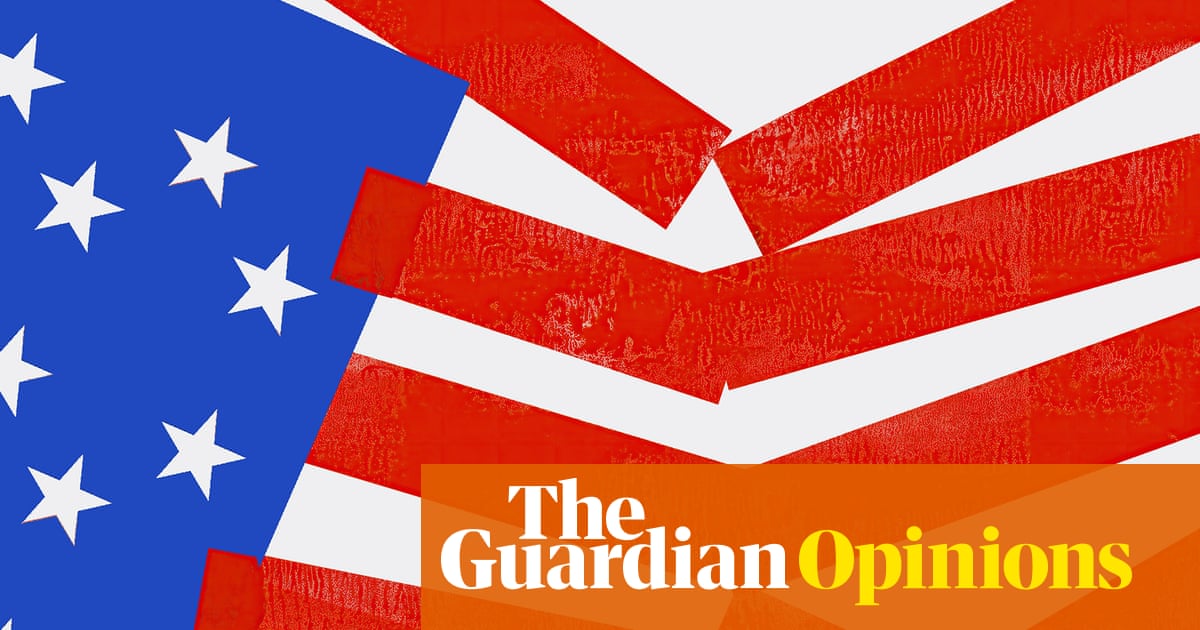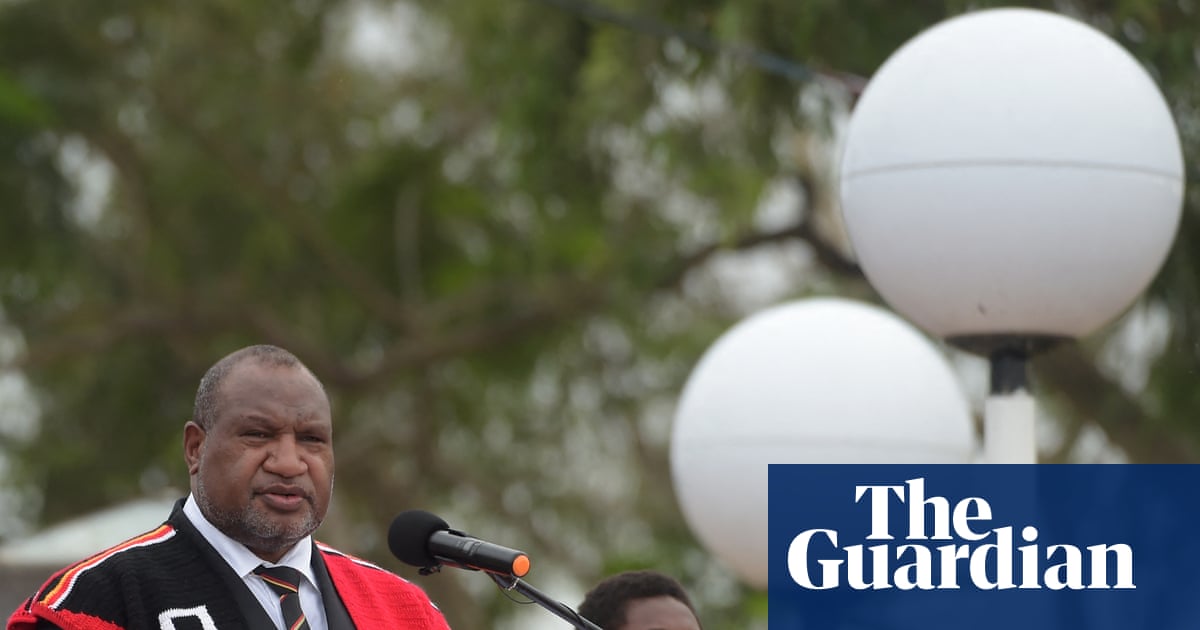The days of discussing last night’s television over the office water cooler are long gone. If you want a hit show among gen Z – or for them to know it even exists – it has to make a splash on their social media feeds, Channel 4’s bosses have concluded.
Executives have spotted a trend in which increasingly hard-to-reach younger viewers are discovering programmes through the attention they receive on TikTok and other social media platforms. The broadcaster is now planning new video content for Spotify as it searches for ways to get its programming in front of under-30s.
“What we’re seeing is a pattern now where it takes a show to become a social hit for awareness to reach a young audience that the show is out there,” said Ian Katz, the broadcaster’s chief content officer.
He cited the example of Virgin Island, a show that follows 12 adult virgins as they embark on an intimacy course – involving “hands-on experience” – on a Croatian Island. “We’ve got a brilliant example at the moment, Virgin Island, where [the programme] had to travel socially first,” Katz said. “Once it does … people are travelling the other way, once awareness reaches a certain level on social.”
Channel 4, which has traditionally had a younger viewership than other public service broadcasters, is at the sharp end of radical changes in media consumption, as young audiences have moved away from linear television and towards streaming and online platforms such as YouTube. Finding ways to ensure its target audience sees its content in the first place has become a significant preoccupation.
The broadcaster, which released its annual report on Wednesday, said views of its content on YouTube rose 26% to 340m last year. The number of views of full episodes of its content on YouTube was up 169%, surpassing 110m UK views. TikTok views were up 81% last year, while Instagram was up 25%. It comes with a challenge – such platforms are less lucrative than traditional television viewing, as the platforms take a chunk of the ad revenue.
“The biggest challenge for public service media is how we evolve to be on the platforms where people are,” said Alex Mahon, Channel 4’s outgoing chief executive. “If you look at gen Z in this country, 44% of their video time is spent on social platforms, and another 22% on YouTube.”
It came as the broadcaster revealed it had managed to steady its precarious finances last year by reducing its deficit by £50m, to about £2m. Its total revenues were up slightly by 1% to just over £1bn.
There was also a bump in the pay packages for Channel 4’s executives, which comes after a restructuring in recent years that included significant job losses – and amid a TV crisis that has caused hundreds of redundancies. Mahon’s total package was £1.29m last year, up from £993,000 the year before.
Jonathan Allan, the chief operating officer, received £848,000, while Katz received £720,000. He declined his bonus in 2023, amid Channel 4’s poor financial performance and a crisis in the television freelance industry that has meant hundreds of people are out of work. Executive pay increased by almost a third last year.
Dawn Airey, Channel 4’s interim chair, said the pay increases did not amount to “higher pay for making people redundant”, but for the broadcaster’s improved performance and revenue. “Every organisation needs to evolve,” she said.
Growing its presence on social media and YouTube is not the only focus for Channel 4 as it seeks to navigate the fragmentation of the media industry. It will also effectively create its own studios to make programmes. Unlike ITV and the BBC, the broadcaster does not have its own in-house production.
The move will eventually allow it to make shows it can sell worldwide and boost its income. However, the plan has caused nervousness within the UK television production industry, which is already under significant pressure. Channel 4 has traditionally been the broadcaster fostering the independent sector.
Pact, the body representing independent production companies, said it was “bitterly disappointed by Channel 4’s plans to wholly acquire companies as part of its plans for IP ownership and in-house production, which will directly impact market share in an already fragile market”.
Channel 4 said it would be a gradual process and that it would use the income generated to invest more in the UK television industry. It said it would increase Channel 4’s existing independent production quota from 25% to 35% from 2026.

 3 months ago
103
3 months ago
103


